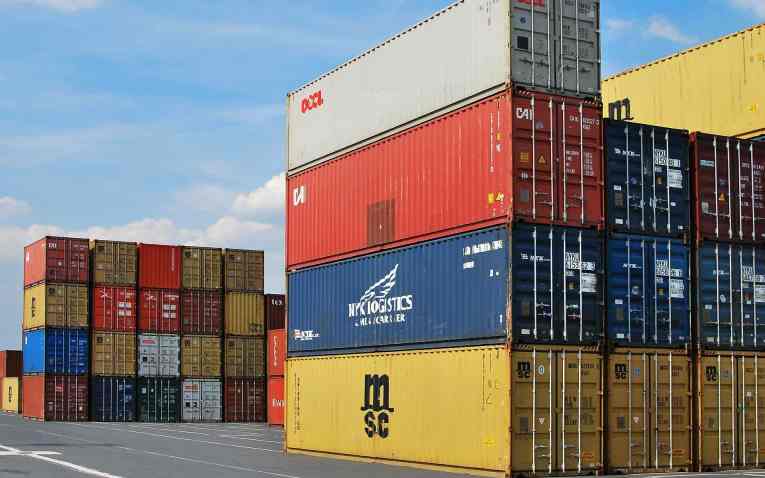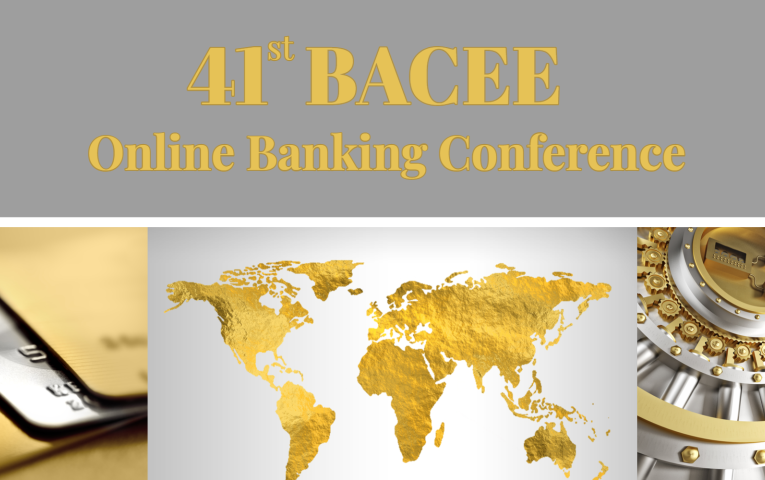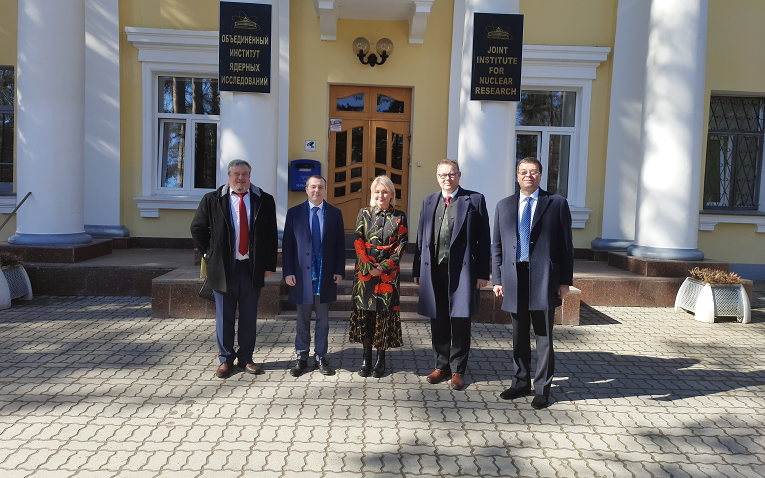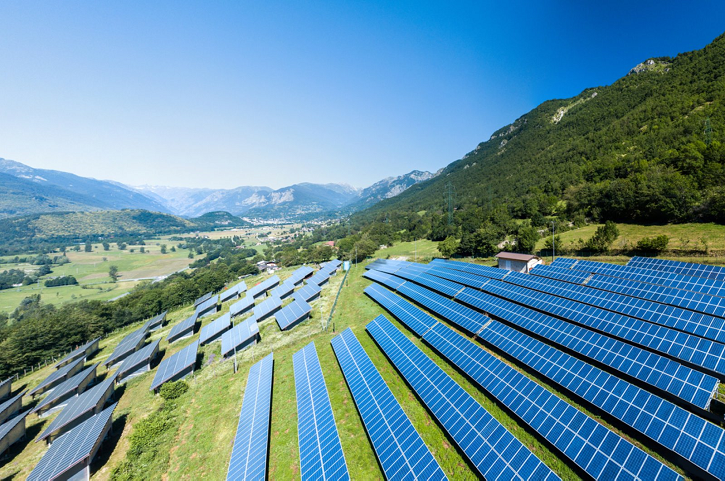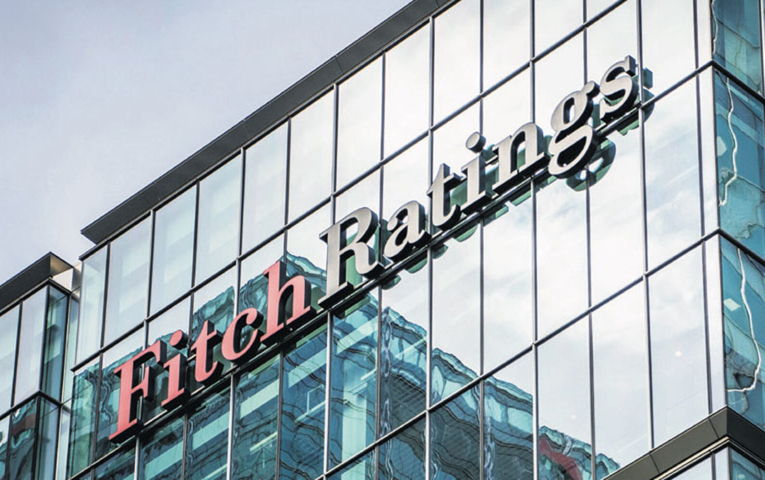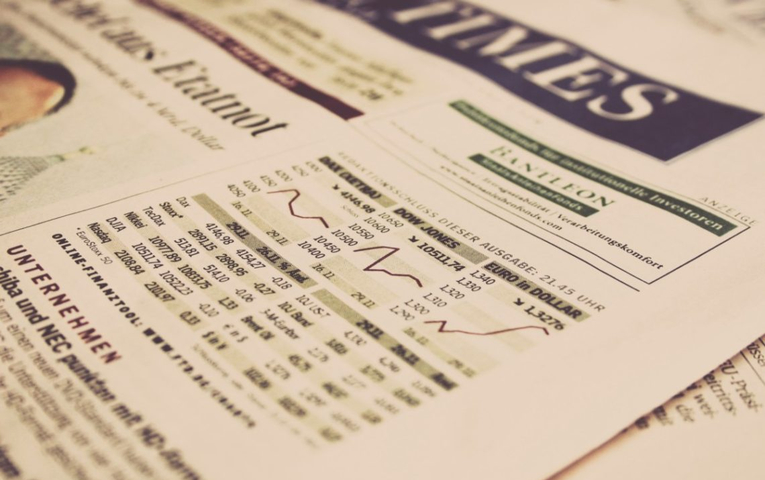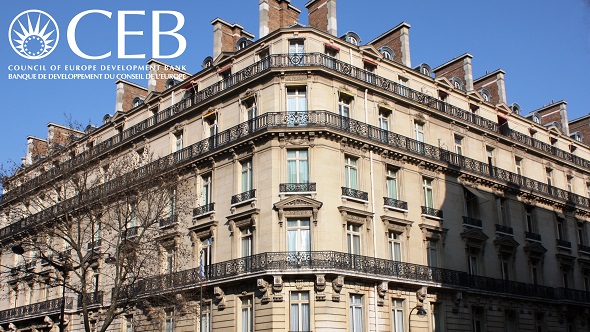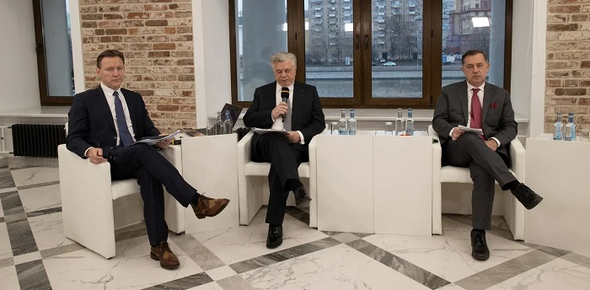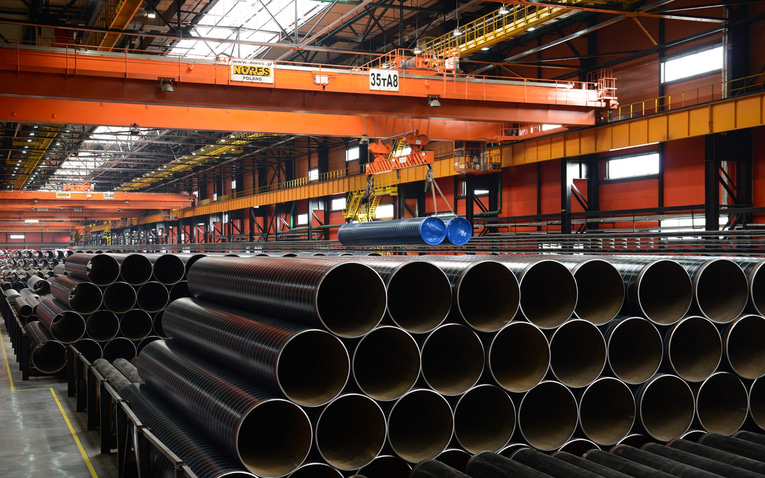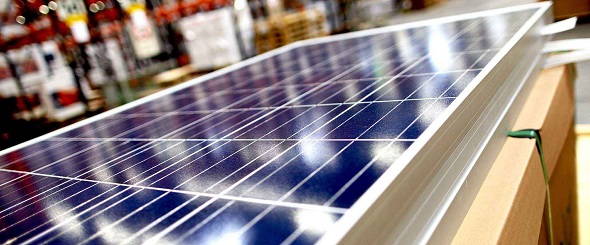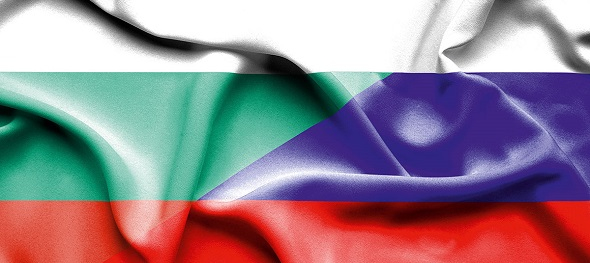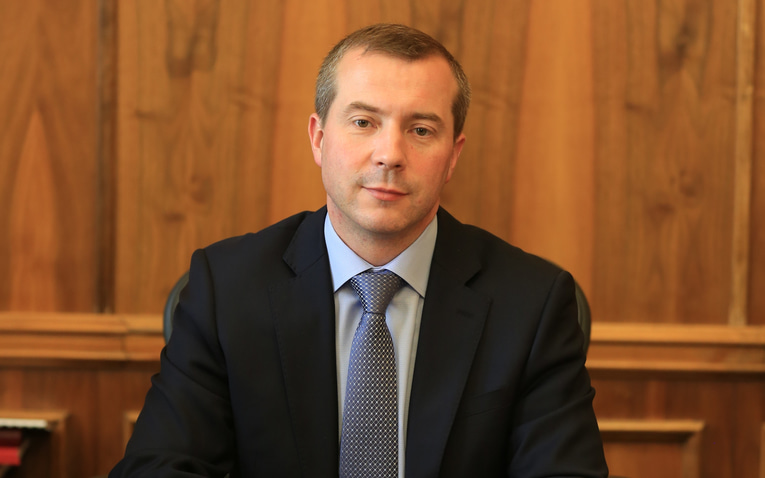International rating agency Moody’s Investors Service Ltd. (Moody’s) has assigned a first-time “Baa3” foreign currency long-term issuer rating to the International Bank for Economic Co-operation (IBEC) with the stable outlook. This is the second investment level rating obtained by the bank after the start of the implementation of the updated development strategy and new business profile. In March 2017, Fitch Ratings assigned a long-term rating of BBB-, with a stable outlook, and a short-term rating of F3.
In its report Moody’s outlines IBEC’s strong capital position, bank’s moderate levels of leverage and improving development asset credit quality. As part of its activity the bank takes into account “IBEC Development Portfolio”, which includes various forms of supporting business aimed at promoting socio-economic development, increasing the welfare of the population and economic cooperation of the bank’s member states.
Despite the fact that the quality of the loan portfolio has not yet reached a high level, a high share of lending to state-owned entities is positively evaluated by analysts of the agency. Moody’s expects that IBEC’s credit quality indicators will gradually improve as the bank builds out its development assets as part of its relaunch. The appointment of Mr Denis Ivanov as the Chairman of the Board as well as appointment of a new management team was accompanied by the full write-off of IBEC’s legacy non-performing loans. As a result, Moody’s adjusts IBEC’s asset performance assessment to “Caa1”. The overall capital adequacy assessment is increased to “baa3” to further reduce the negative impact of these legacy non-performing loans incurred under the bank’s previous business model.
IBEC’s liquidity and funding, assessed at “Ba1”, reflects its gradually diversifying funding structure and benefit from a naturally high asset turnover implicit in its focus on trade finance. IBEC is continuing to gradually diversify its funding structure moving from short-term commercial banks loans to longer-term financial instruments. After its first RUB 7 billion bond issue on the Russian domestic market in October 2019, the bilateral loan from RBI followed. Moody’s expects long-term funding to rise to around half of total funding by the end of 2020. At the same time, naturally high turnover of assets allows for a rapid adjustment to shocks due to comparatively short maturities.
The average weighted rating of the bank’s shareholders is at “Baa2” (Bulgaria (“Baa2” positive), Czech Republic (“Aa3” stable), Mongolia (“B3” stable), Poland (“A2” stable), Romania (“Baa3” stable), Russia (“Baa3” stable), Slovakia (“A2” stable) and Vietnam (“Ba3” rating under review for downgrade). IBEC does not benefit from the possibility to call upon shareholders to provide more capital under a formal callable capital mechanism, in case it is needed. IBEC’s authorized share capital of €400 million is larger than the amount paid-in but shareholders are under no contractual obligation to fulfill a capital call in line with their shareholding. That said, non-contractual support is assessed as ‘medium’, to reflect the mutual shareholder benefit from IBEC’s objective to improve trade links between its member states. Moody’s also outlines, that the support from shareholders for the relaunch of the institution, including agreeing to write-off the entire amount of non-performing loans in 2018, demonstrate a degree of commitment to the institution.
The stable outlook reflects Moody’s expectations of acceptable risks associated with the bank’s planned sizeable expansion of the loan portfolio in the coming years.
IBEC’s rating would come under positive pressure from a substantial improvement in development asset quality. A marked increase in IBEC’s high-quality liquid assets buffer would also be positive. The introduction of a formal callable capital framework in line with industry practice would also give rise to positive rating pressure.
“The second investment grade rating is the clear sign of developing the transparency of the Bank. This once again confirms high solvency and sustainability of IBEC. Such Moody’s decision becomes the next step forward and support for future long-term funding of the Bank”, - Chairman of the IBEC Board, Denis Ivanov commented.
 Ru
Ru Bằng tiếng việt
Bằng tiếng việt
 Mongoloor
Mongoloor

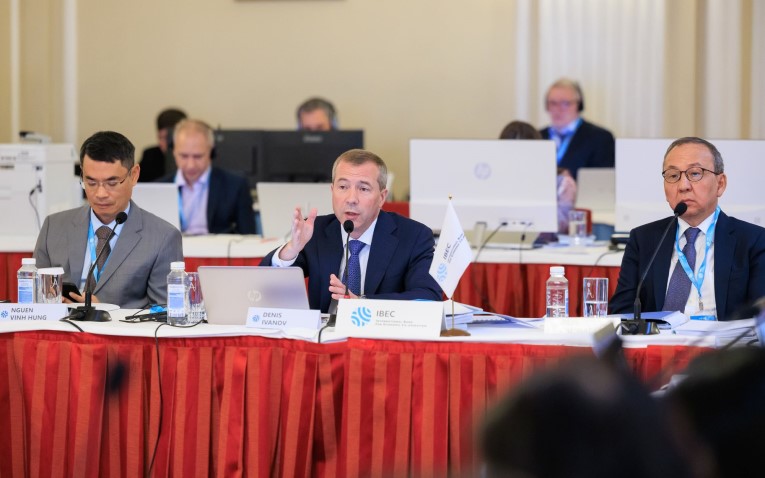
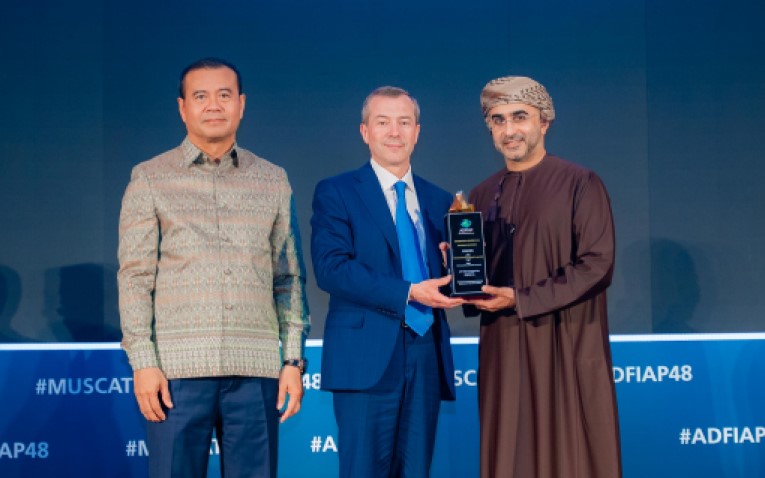
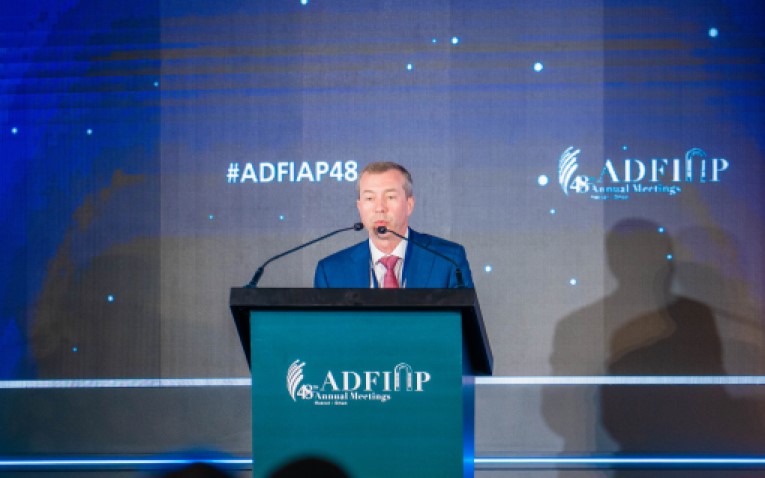



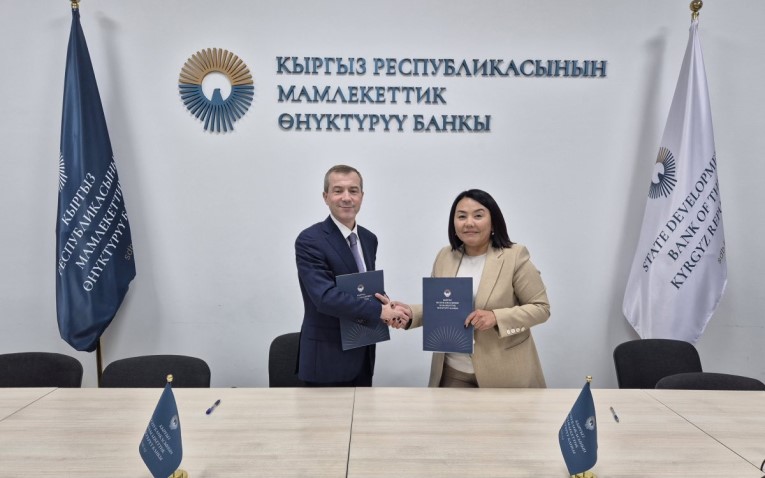


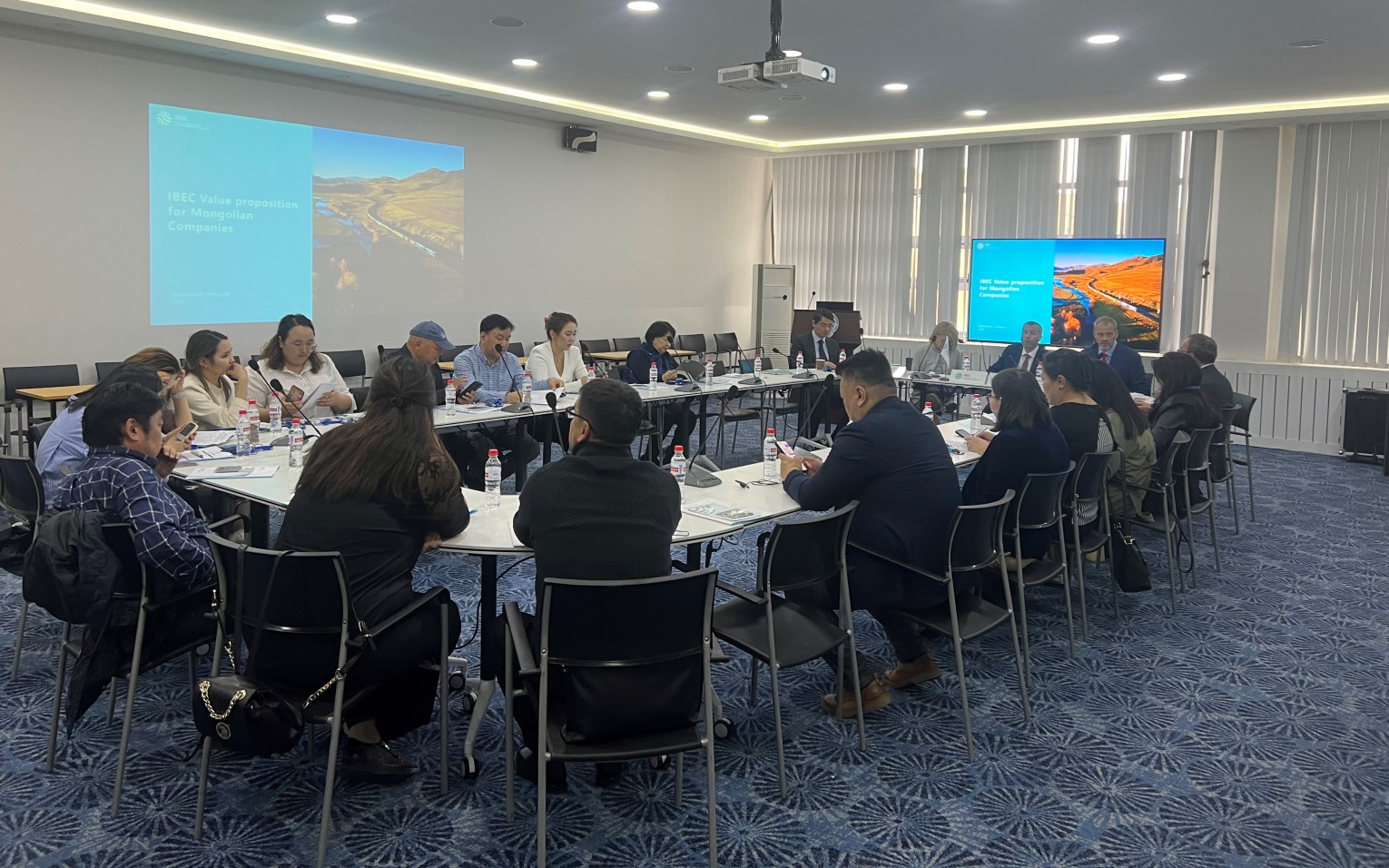


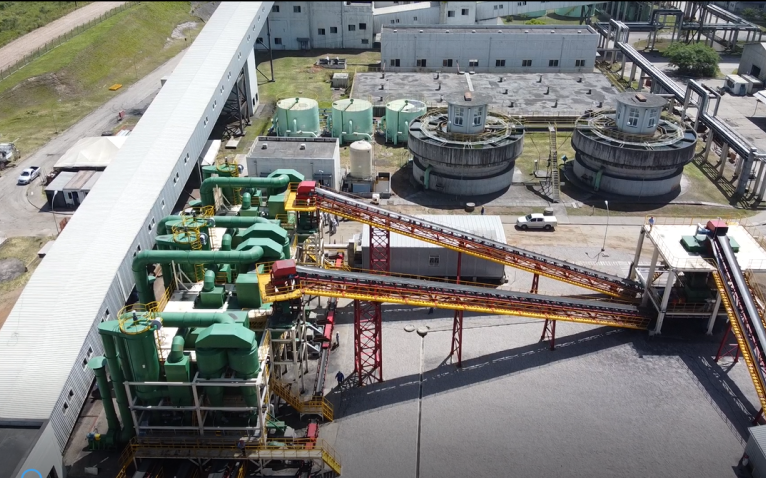


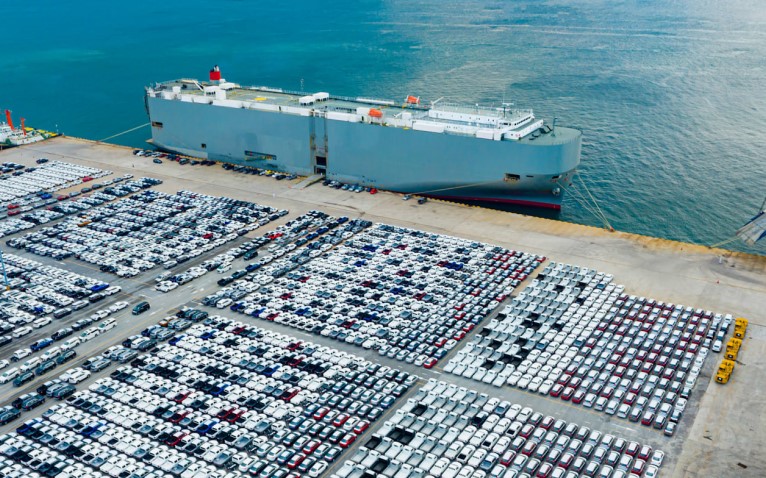
 765X478.jpeg)

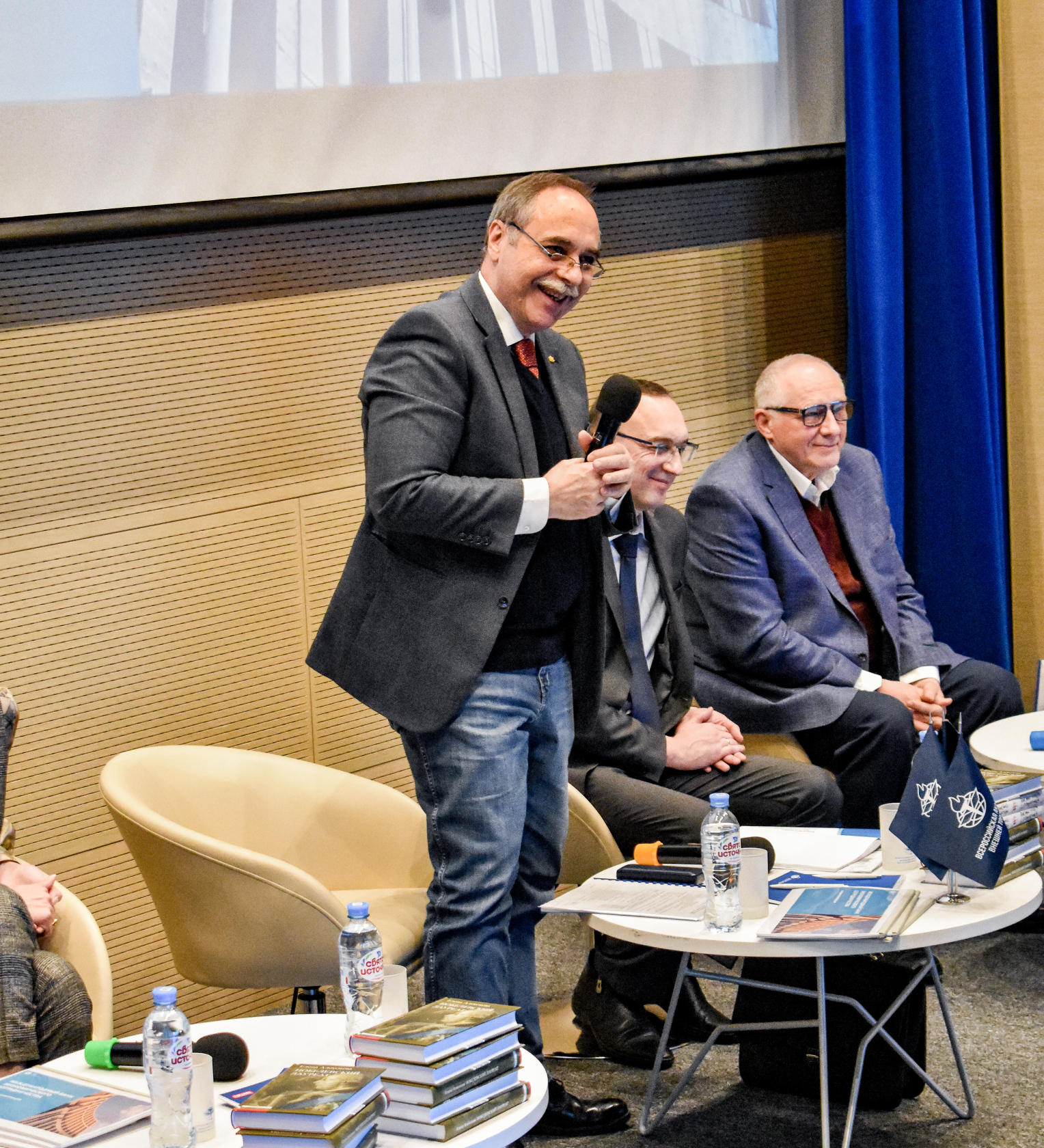


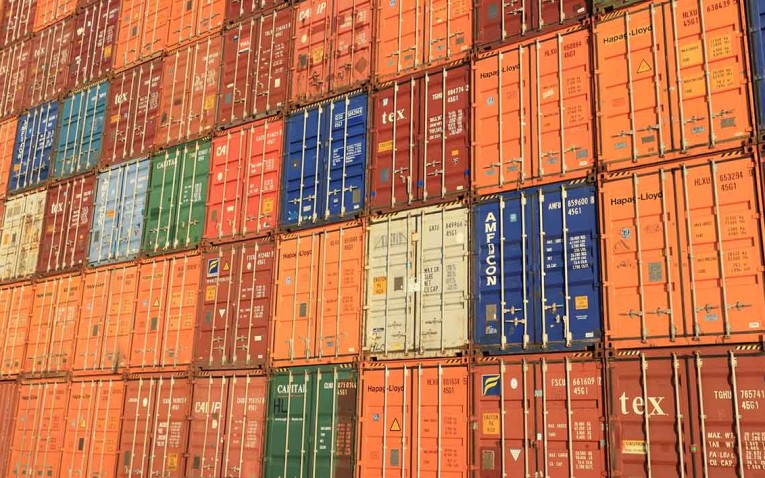
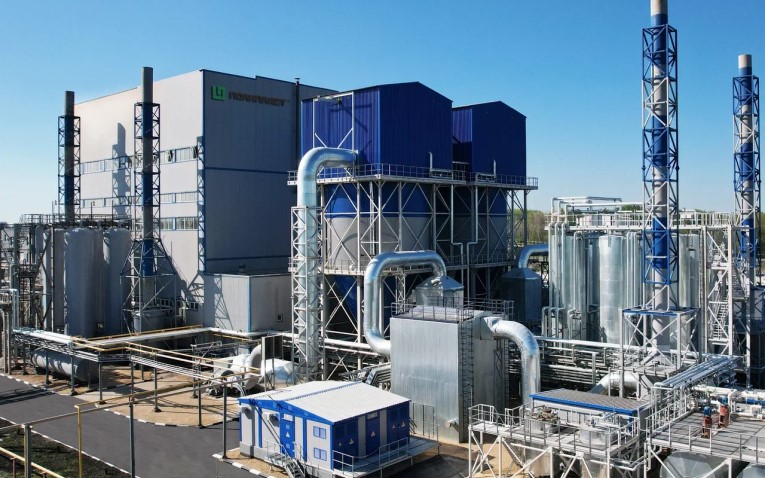





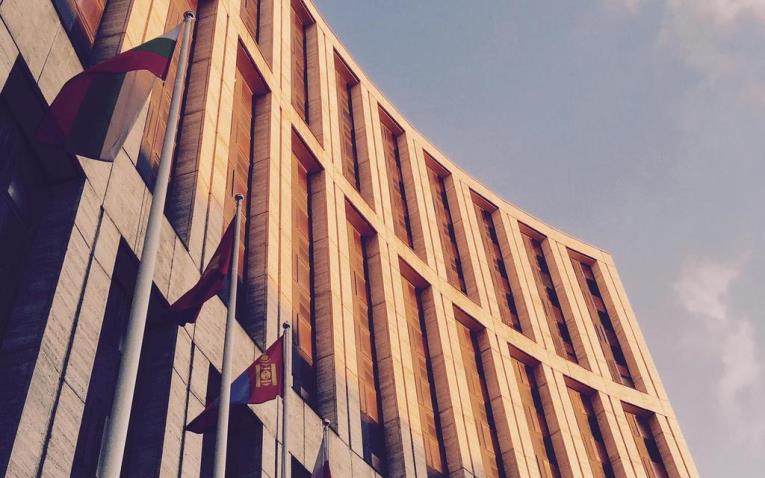



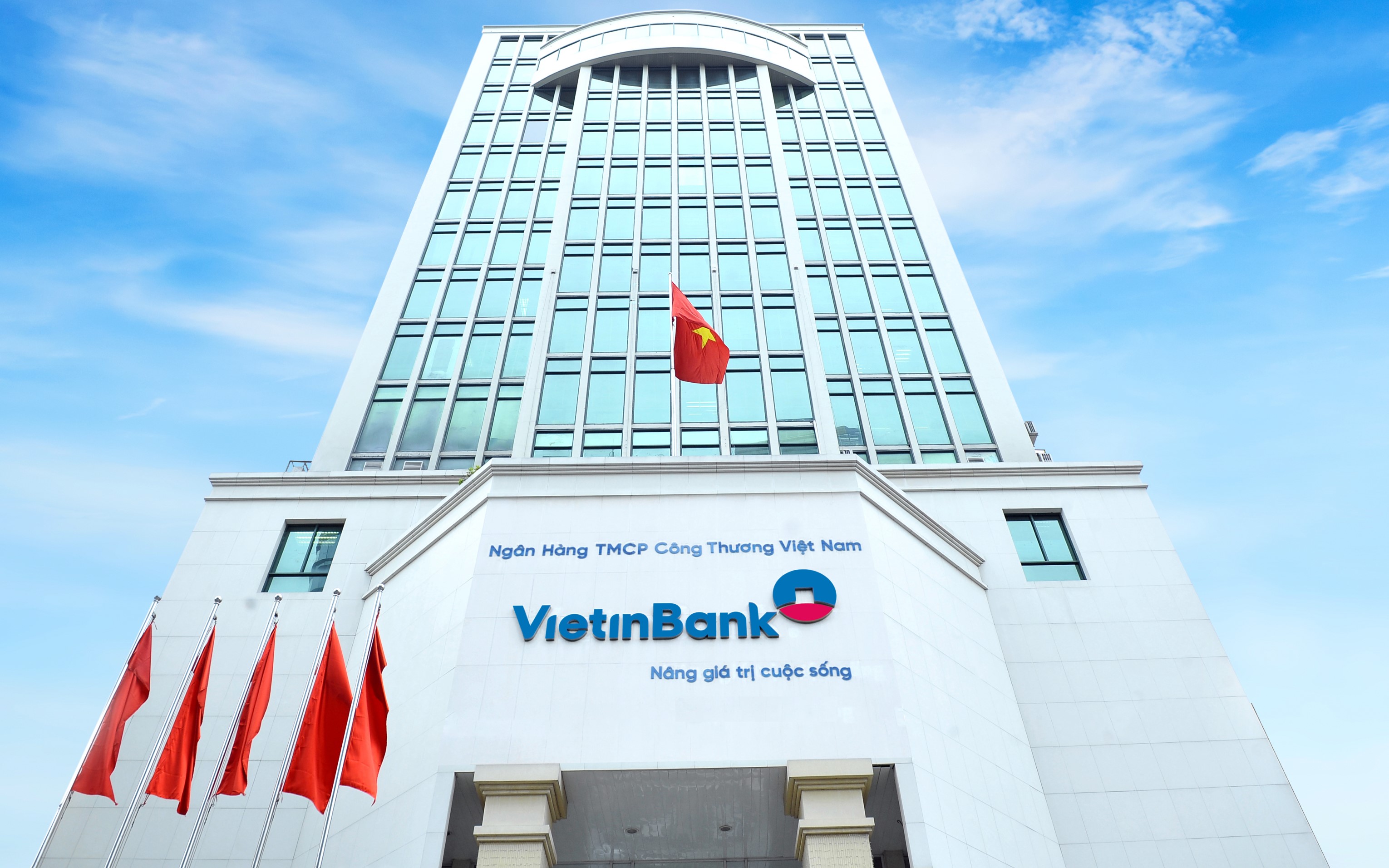
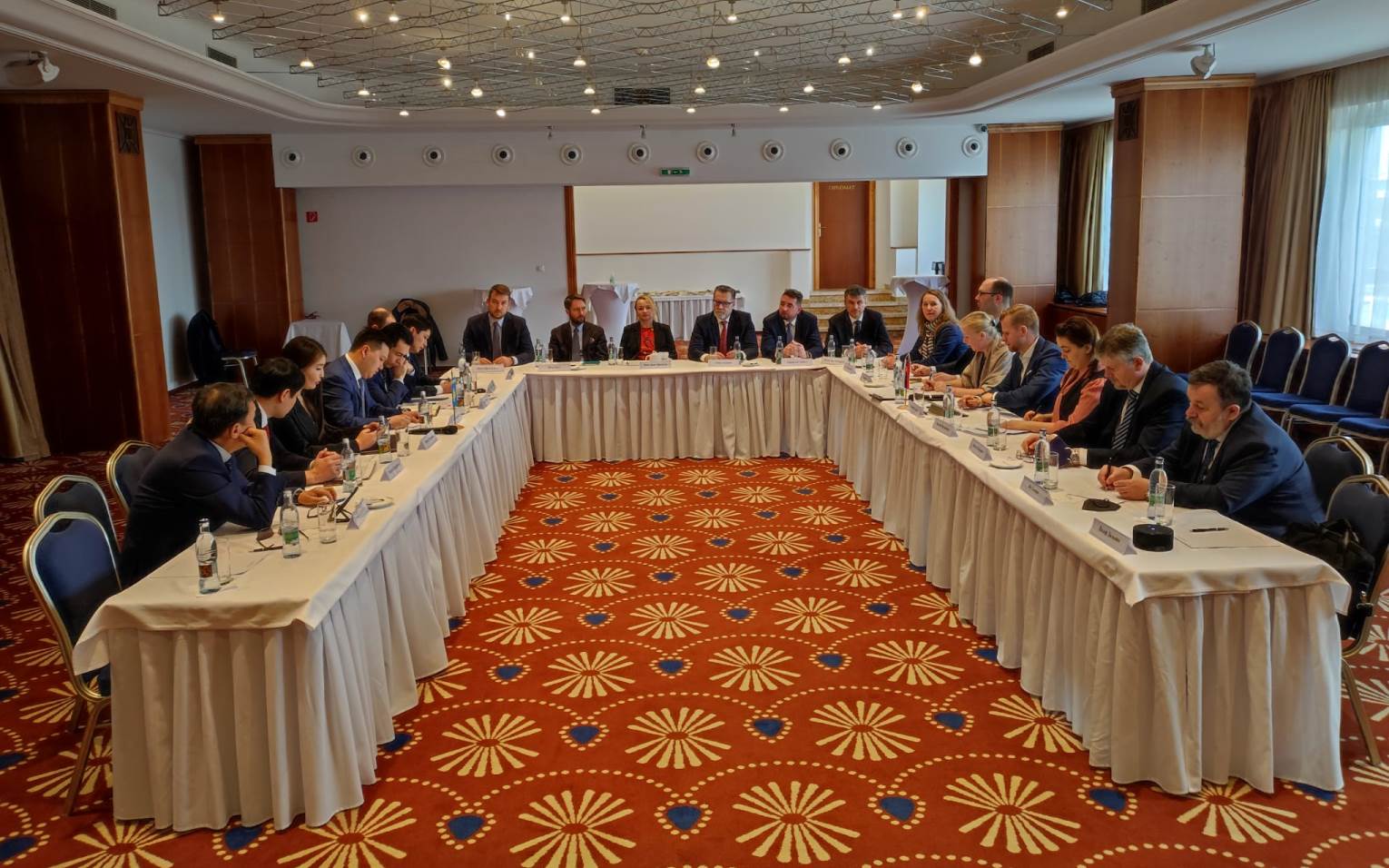
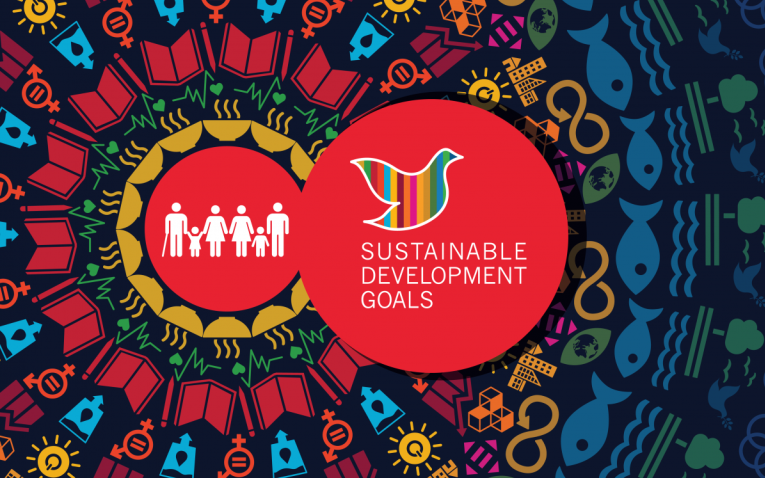
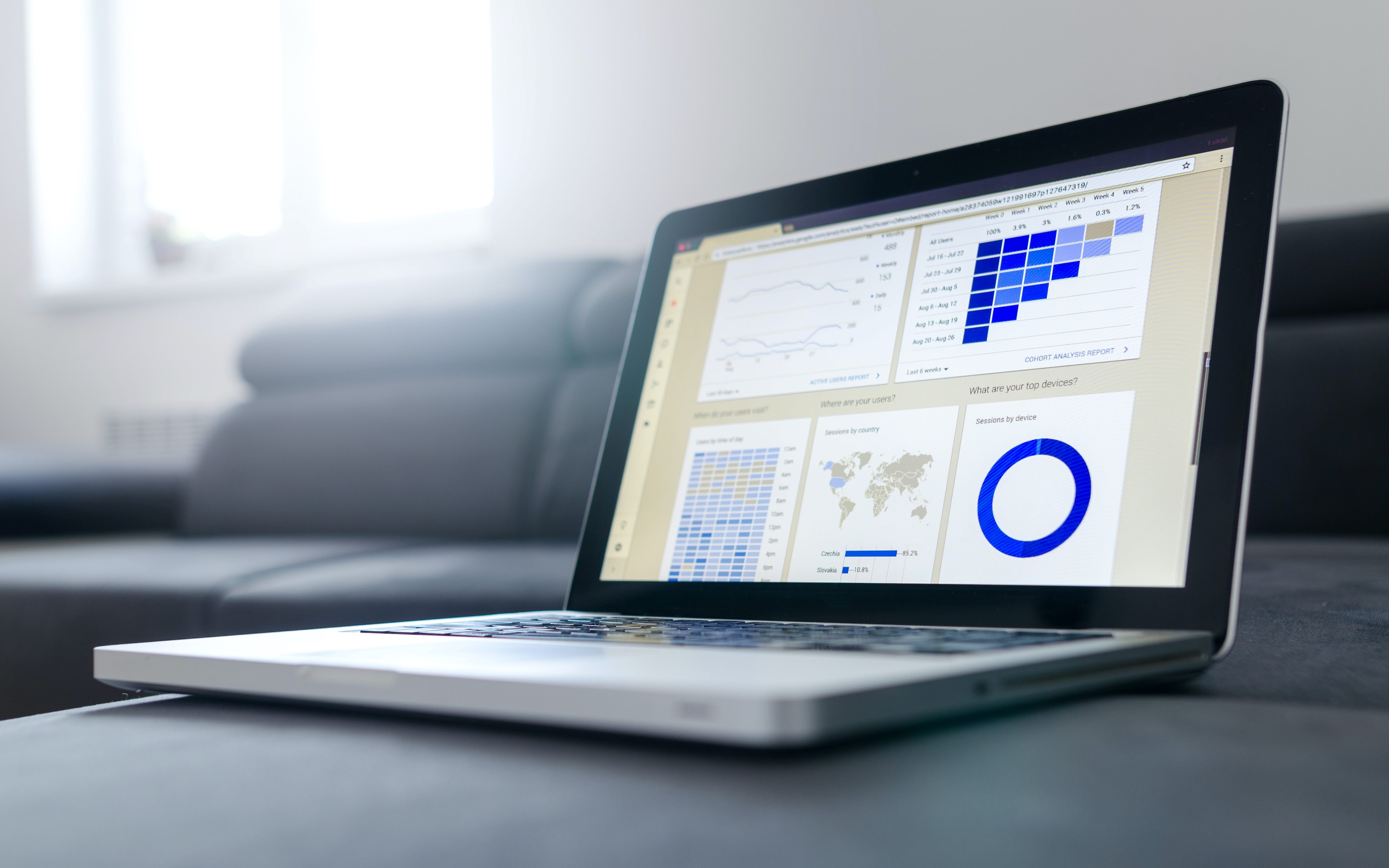
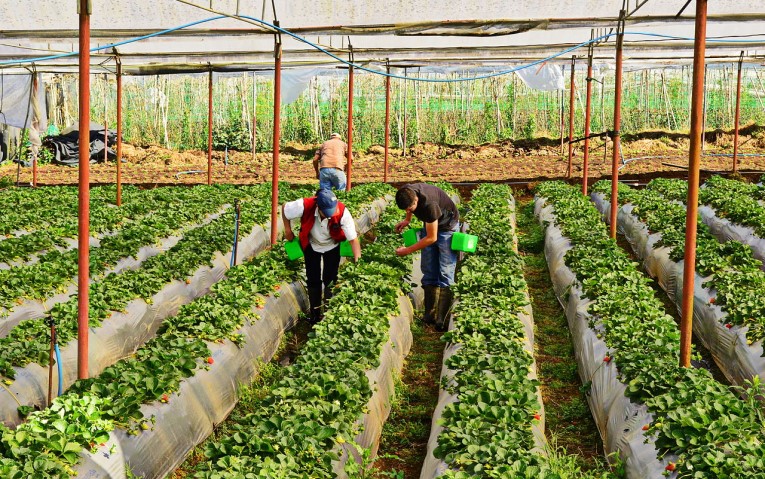

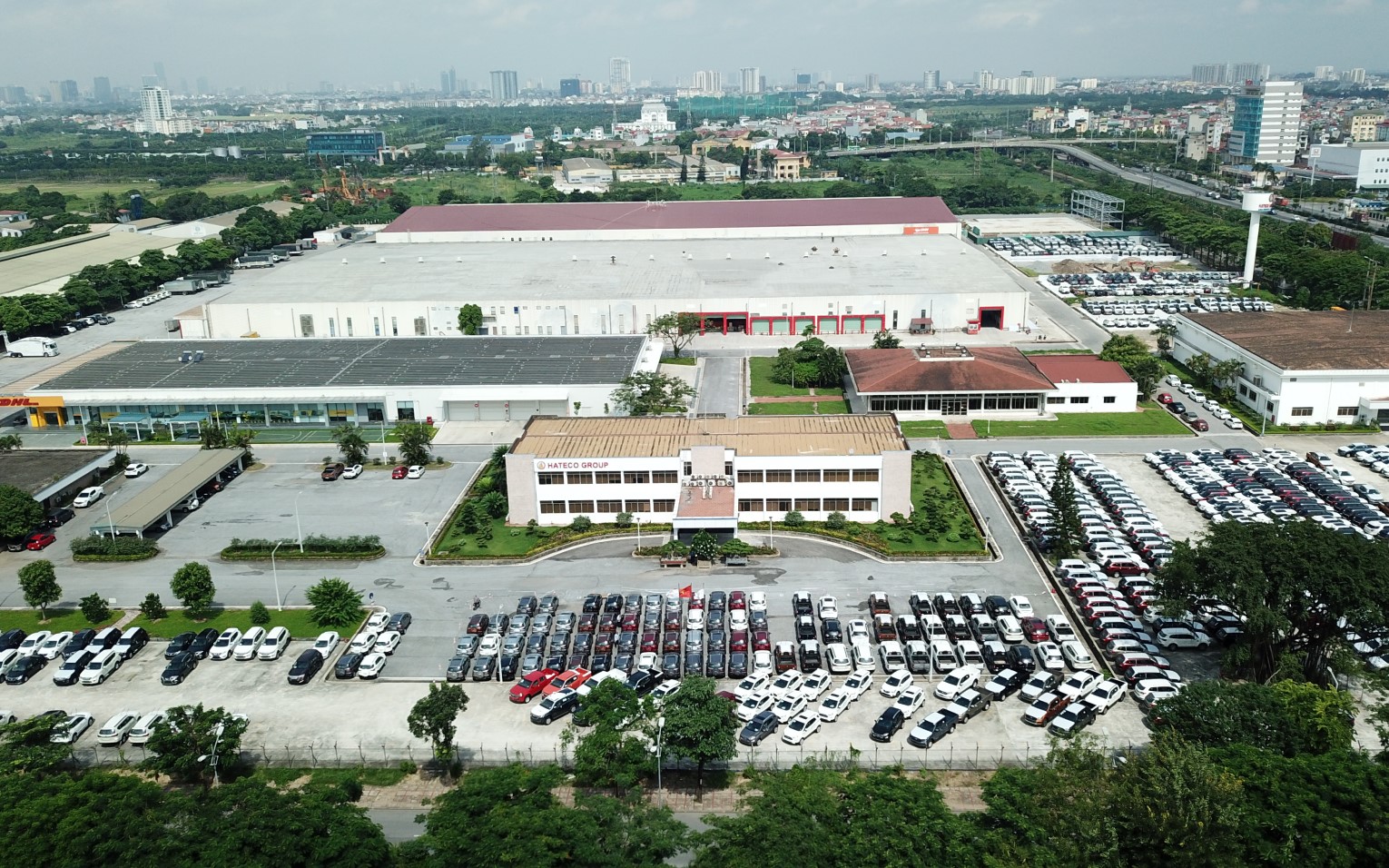

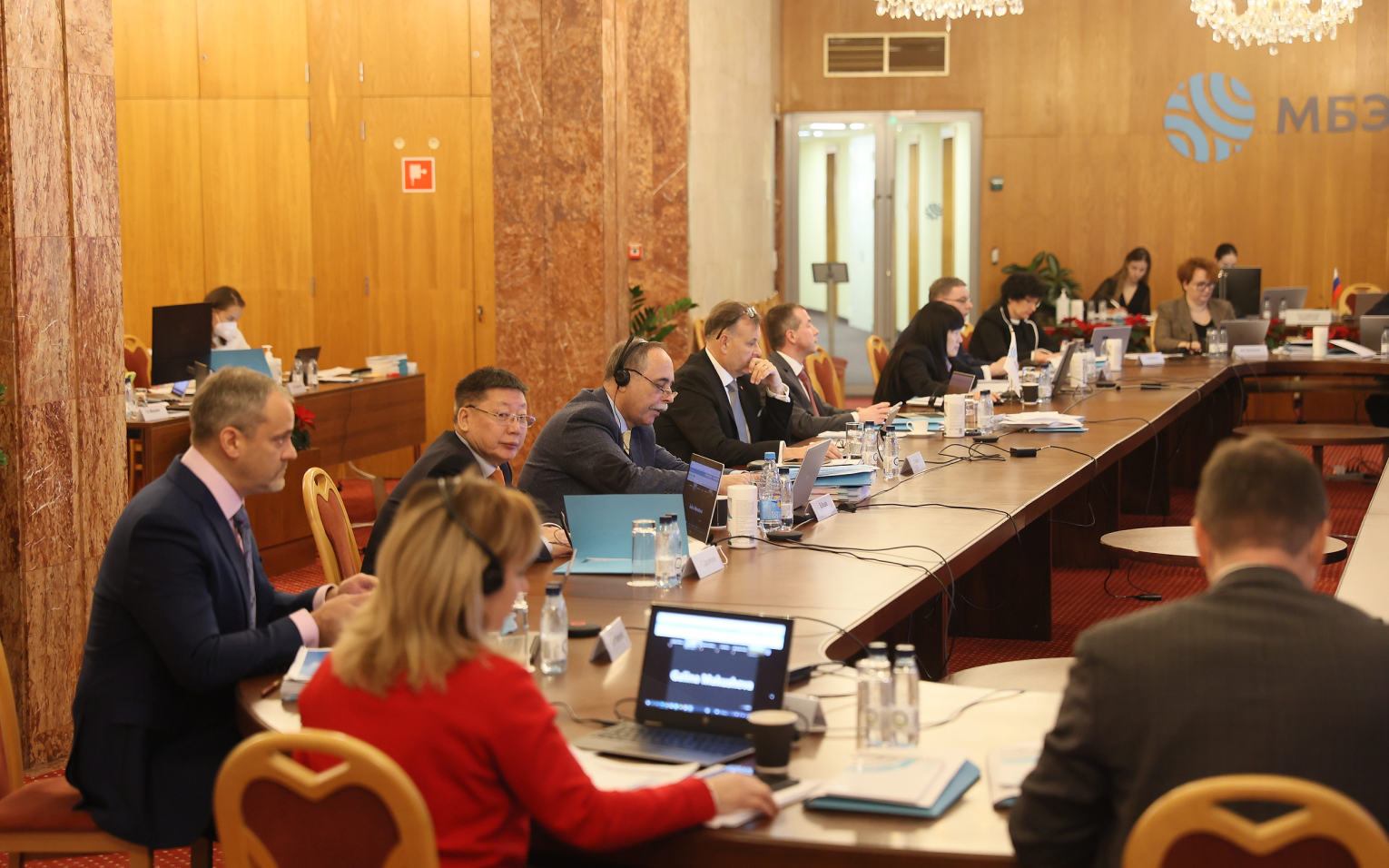



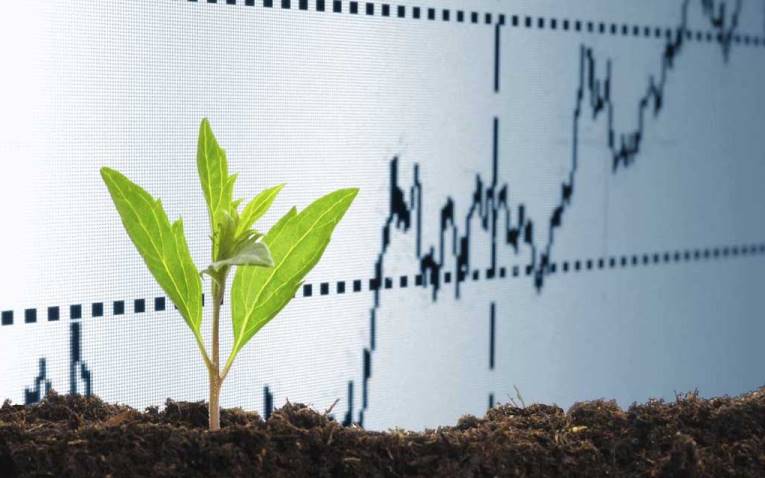
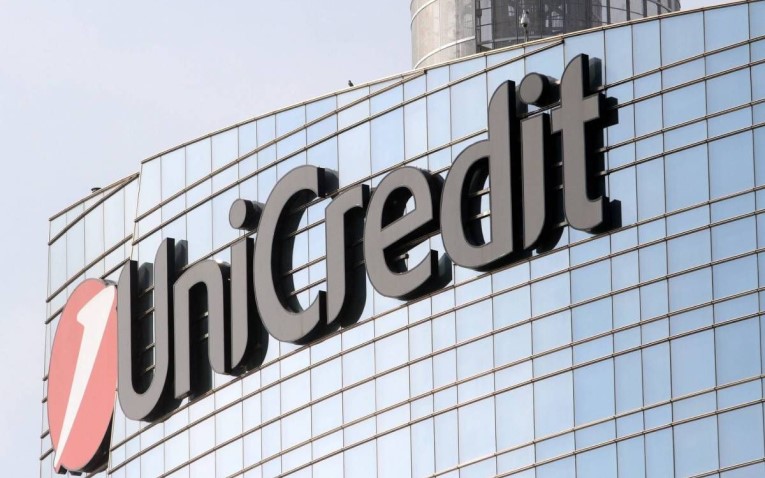
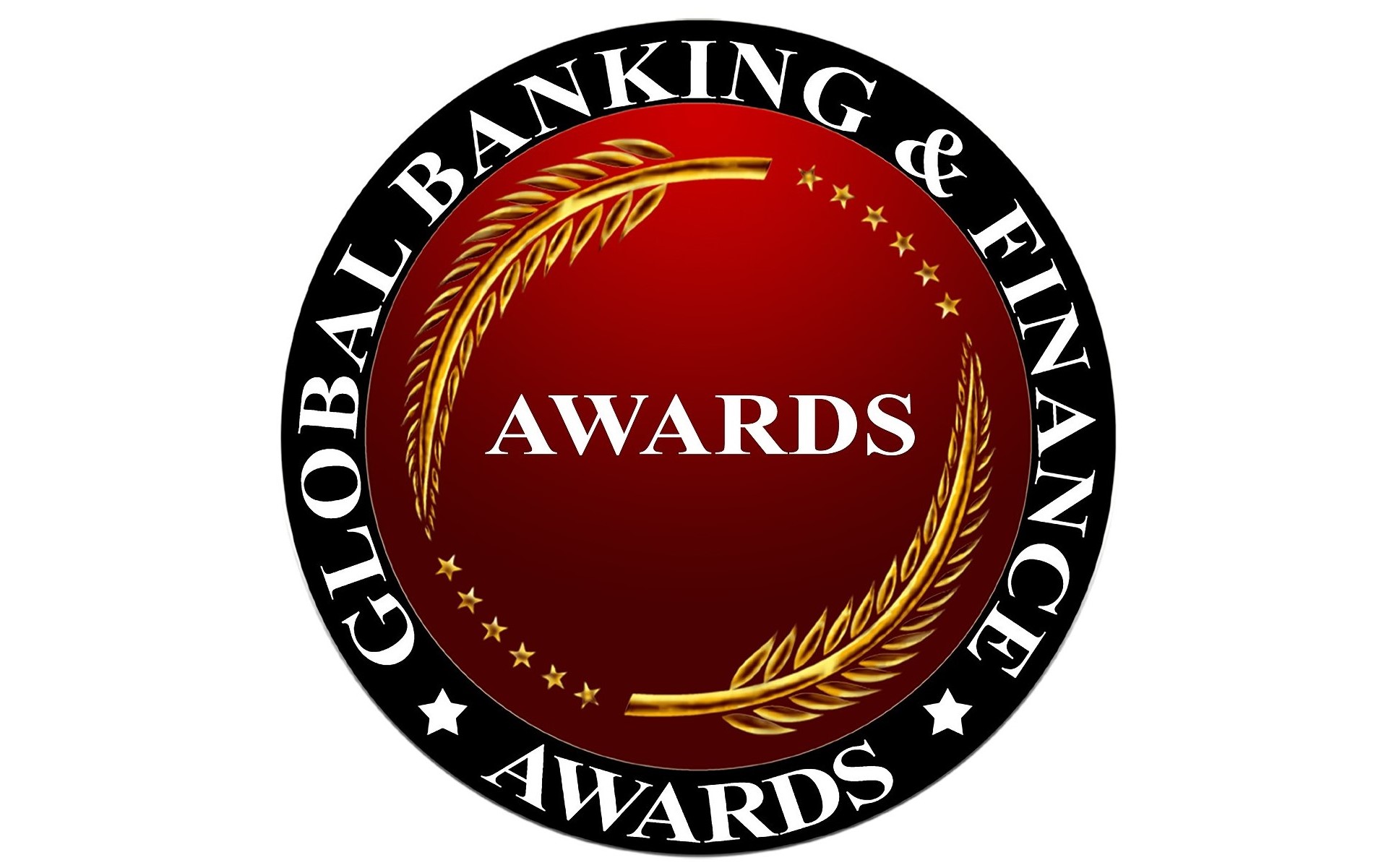
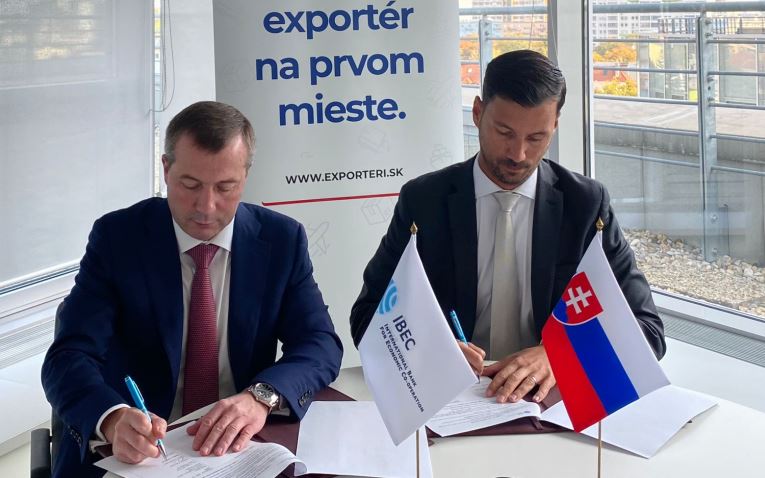
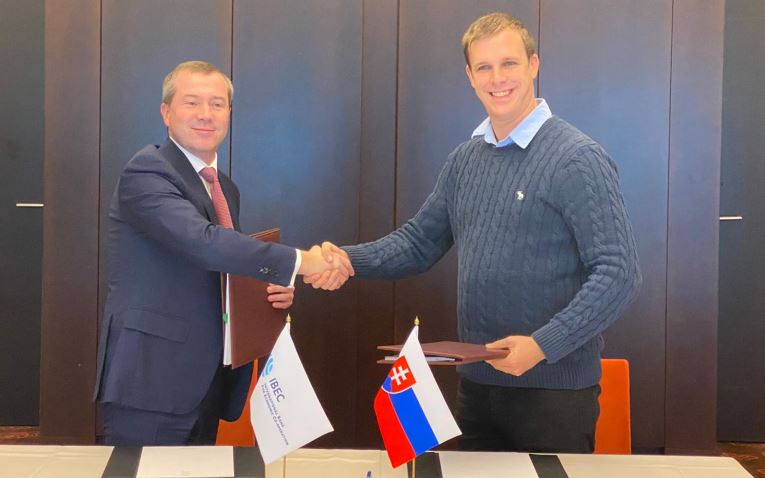



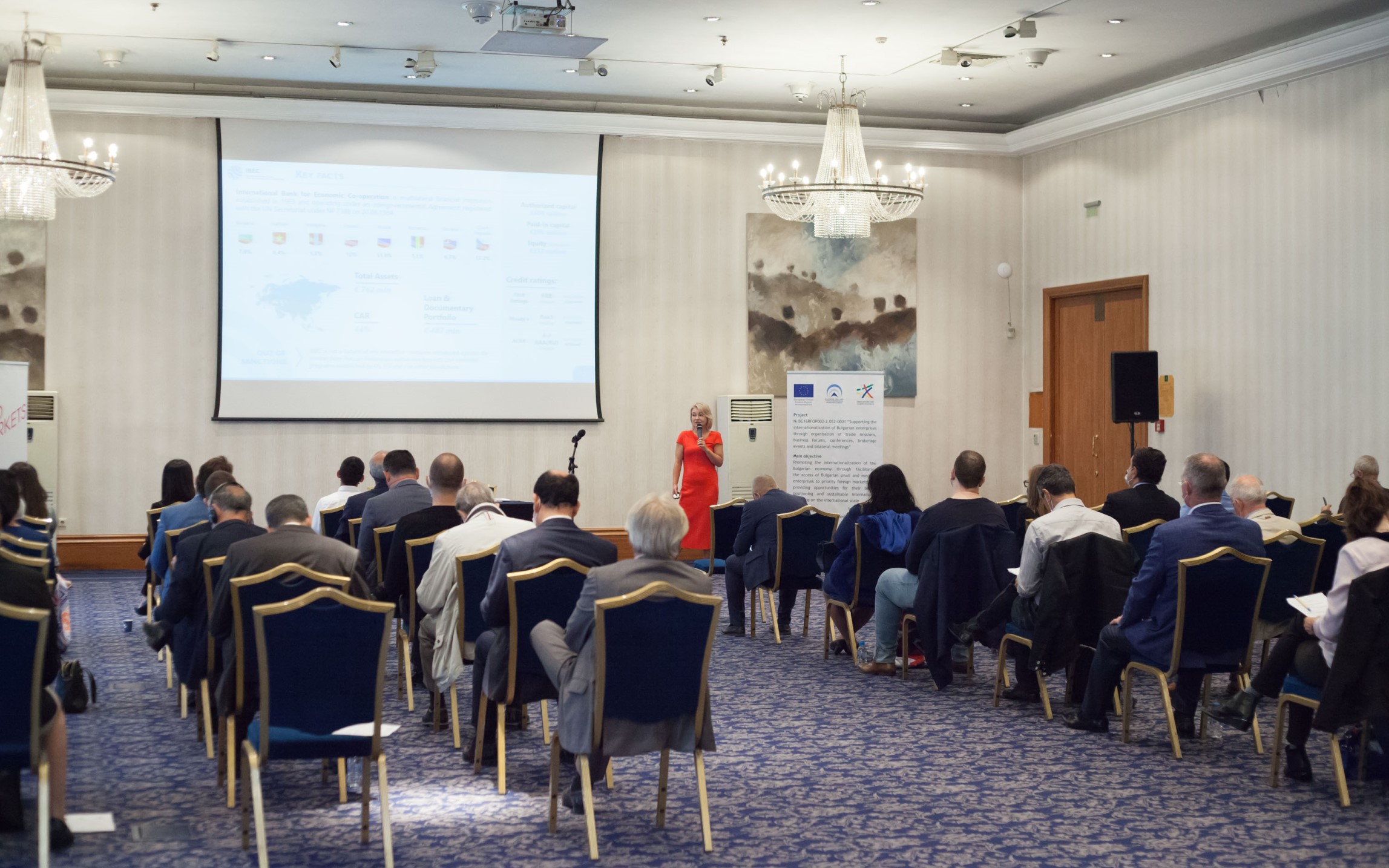

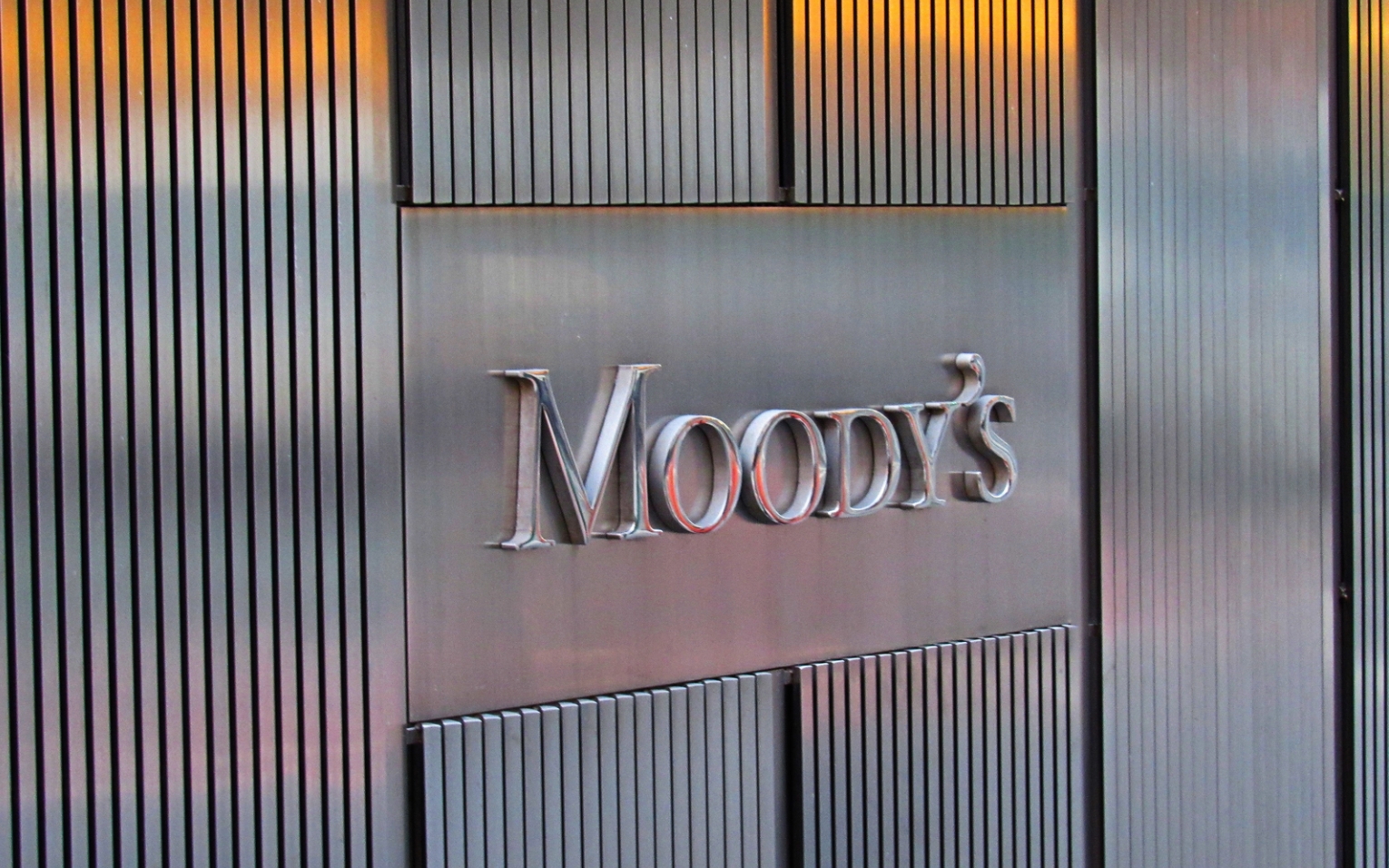
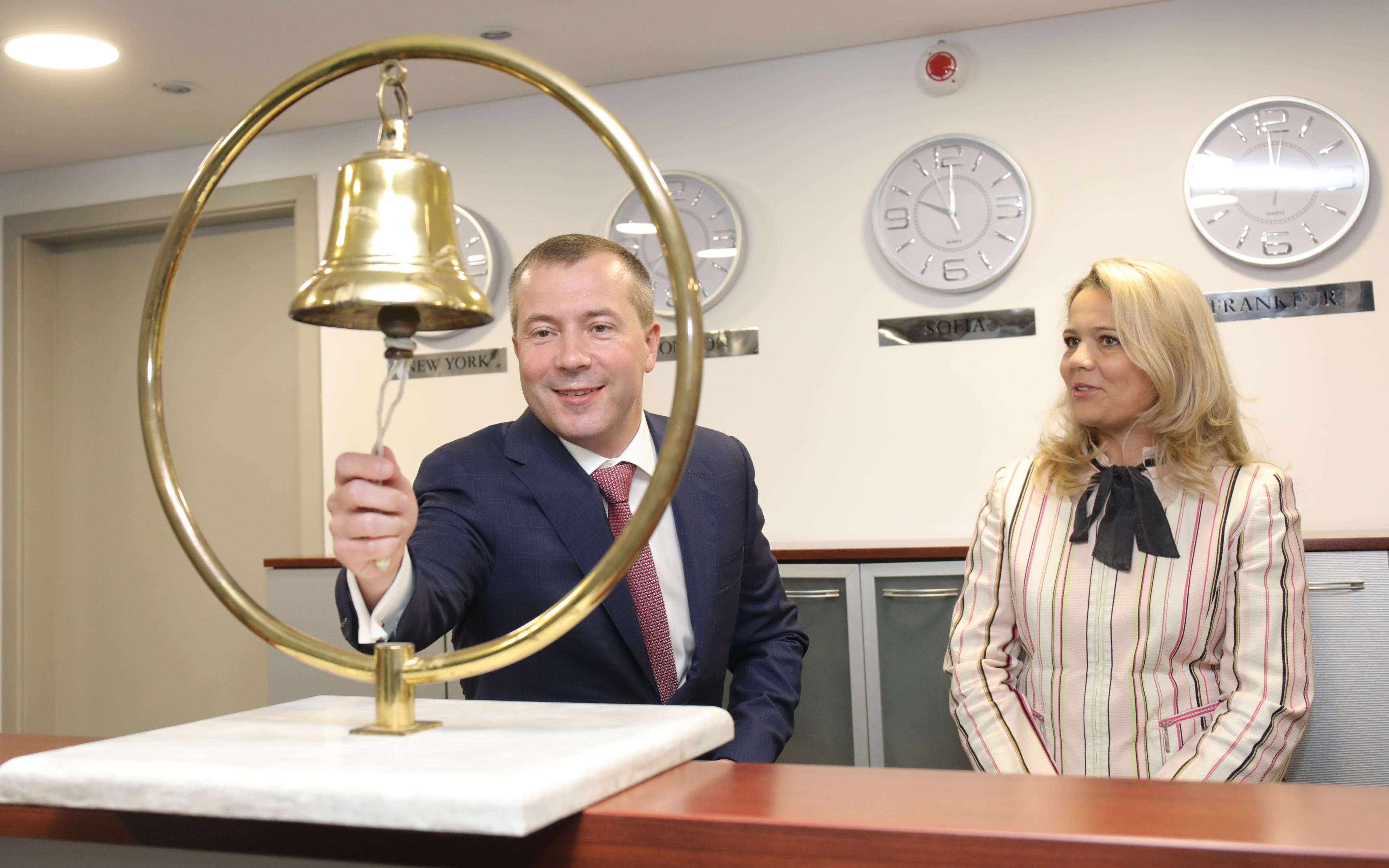



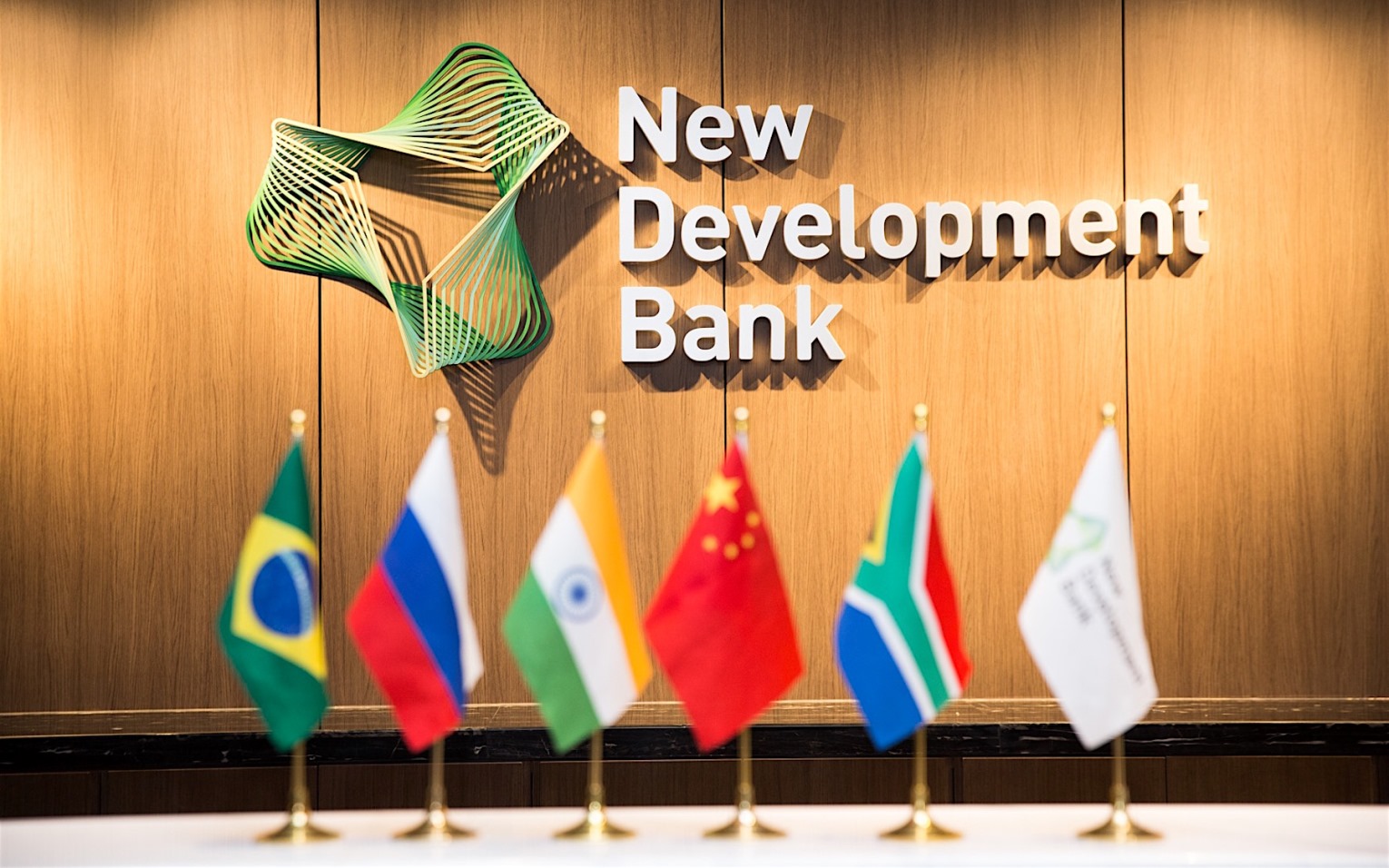


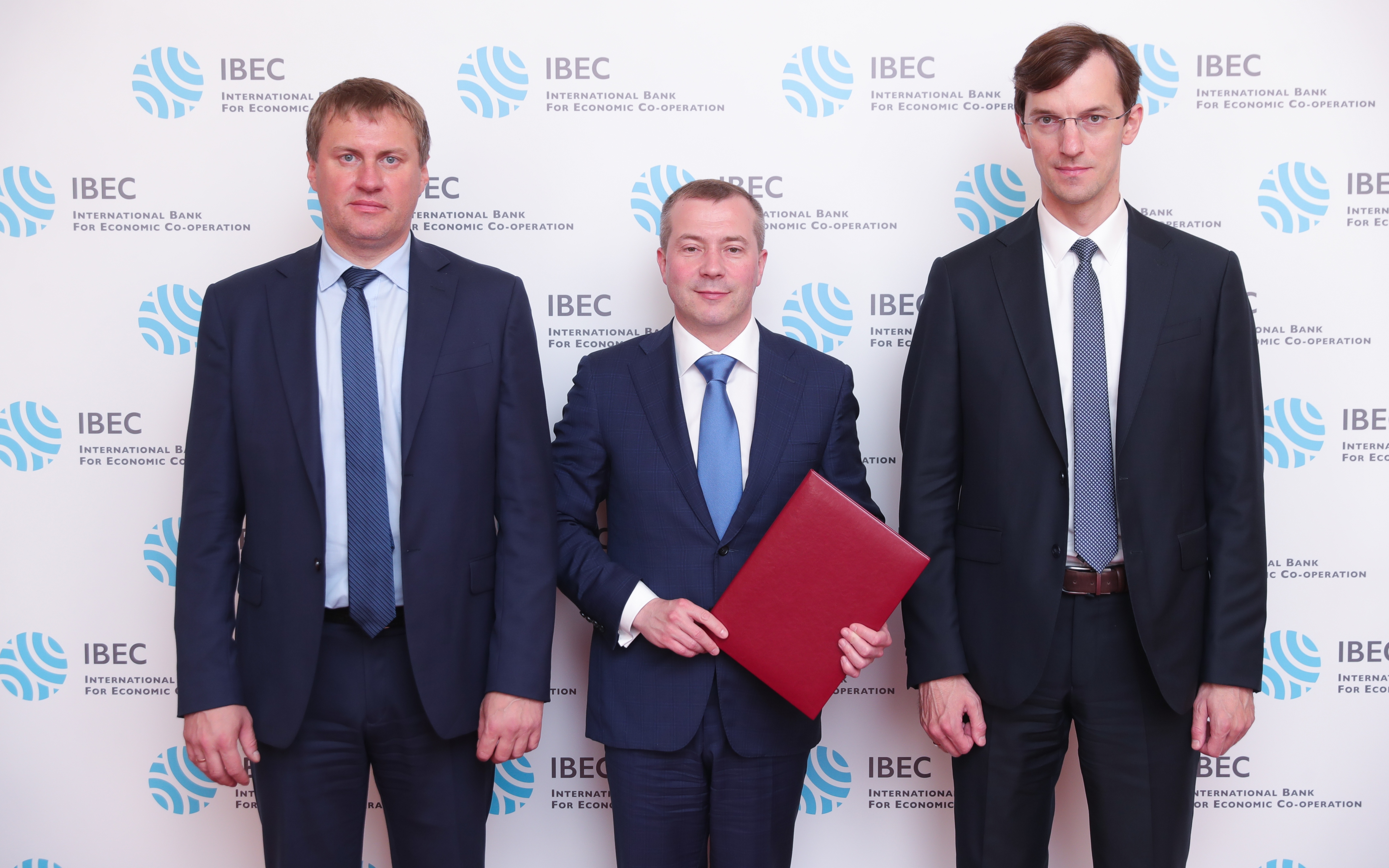
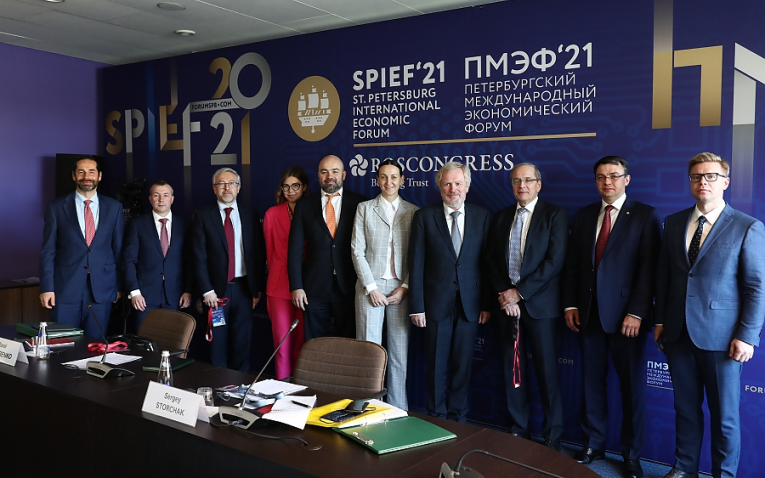
.jpg)
.jpg)
.jpg)


